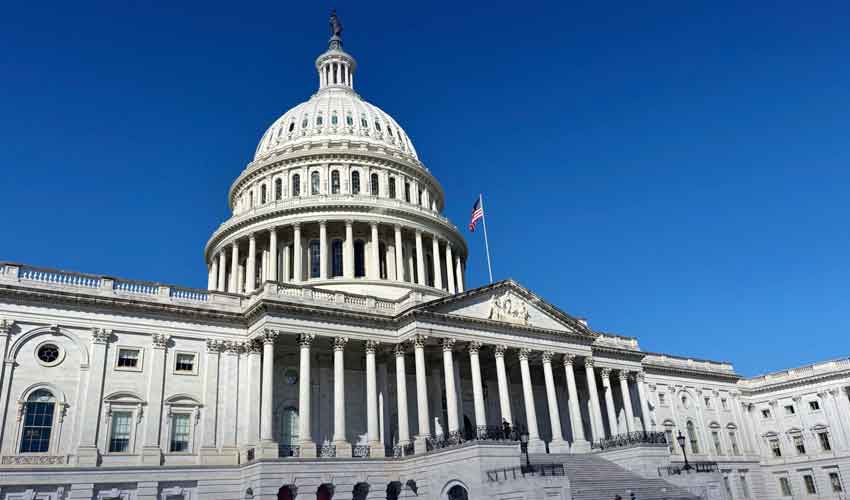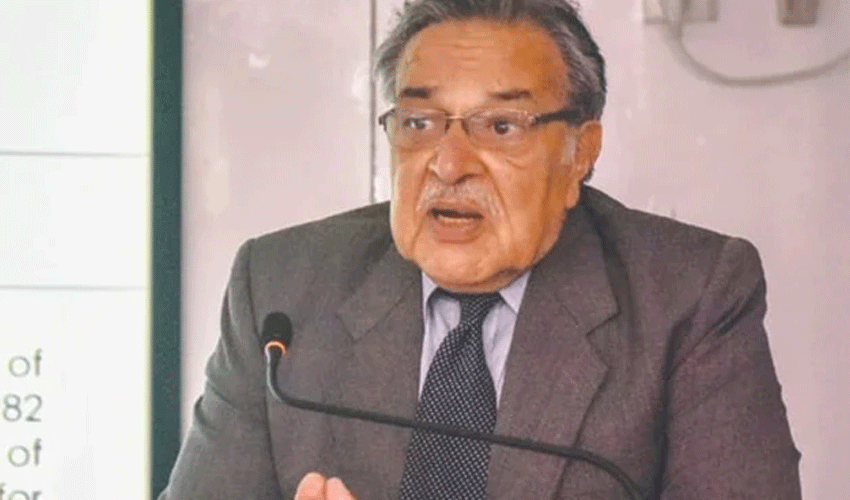On the 22nd anniversary of the September 11th attacks, whole world solemnly remembers the tragic events that unfolded on that fateful day. The impact of 9/11 still reverberates through our society, touching upon various aspects of our lives, from personal stories of resilience to global geopolitics.
On September 11, 2001, the world witnessed one of the most devastating and heart-wrenching acts of terrorism in modern history.
The attacks on the World Trade Center in New York City, the Pentagon in Washington, D.C., and Flight 93 in Pennsylvania claimed the lives of nearly 3,000 innocent people and left an indelible mark on the United States and the world.
The 9/11 attacks fundamentally changed the world, ushering in an era of heightened security measures and international cooperation in the fight against terrorism.
While the pain and loss of that day will never be forgotten, the spirit of unity, resilience, and the determination to stand strong in the face of adversity continues to define the American and global response to 9/11.
A brief recap of 9/11 terror attacks
On the 22nd anniversary of the tragic September 11, 2001, terror attacks, the world pauses to remember the events that forever changed the course of history. The attacks, orchestrated by the extremist group al-Qaeda, left an indelible mark on the United States.
The attacks: A day of infamy
On the morning of September 11, 2001, 19 hijackers carried out a meticulously planned series of suicide attacks on American soil. They commandeered four commercial airliners, crashing two into the Twin Towers of the World Trade Center in New York City and one into the Pentagon in Arlington, Virginia. The fourth plane, United Airlines Flight 93, crashed into a field in Pennsylvania after passengers heroically attempted to regain control.
The scale of the devastation was unprecedented. Nearly 3,000 innocent lives were lost, and the images of the collapsing Twin Towers became seared into the global consciousness.
Immediate aftermath and global response
In the immediate aftermath of the attacks, the United States, under the leadership of President George W. Bush, launched the War on Terror. Operation Enduring Freedom began in Afghanistan, where the Taliban regime provided safe haven to al-Qaeda leaders, including Osama bin Laden. The goal was to dismantle al-Qaeda and bring those responsible for 9/11 to justice.
The global community rallied behind the United States, condemning the attacks and offering support.
NATO invoked Article 5 for the first time in its history, declaring that an attack on one member was an attack on all. This led to the deployment of NATO forces to Afghanistan, marking a significant show of solidarity
The psychological toll of 9/11
The psychological impact of 9/11 extends beyond the physical aftermath. Survivors, families of victims, and society at large grappled with trauma and grief.
Post-traumatic stress disorder (PTSD) emerged as a significant concern, prompting the development of coping mechanisms and support networks.
The attacks left an indelible mark on popular culture. It has been a subject explored in literature, film, music, and art, influencing cultural narratives and storytelling.
Long-term consequences
The fallout from the 9/11 attacks was profound and far-reaching:
Homeland security measures: The United States implemented sweeping security reforms, including the creation of the Department of Homeland Security, the USA PATRIOT Act, and the expansion of surveillance programs.
War in Afghanistan: The War in Afghanistan became one of the longest-running conflicts in U.S. history. It officially ended in 2021 when U.S. and NATO forces withdrew, leaving Afghanistan in a state of uncertainty.
Global security: The world saw an increase in counter-terrorism efforts and intelligence sharing, with countries intensifying their focus on preventing terrorist acts within their borders.
Impact on civil liberties: The balance between national security and civil liberties came under scrutiny, as some argued that anti-terrorism measures encroached on individual rights.
Global instability: The War on Terror and subsequent conflicts in the Middle East contributed to regional instability, fueling insurgencies and sectarian tensions.
While the wounds of that fateful day may never fully heal, the world remains committed to preventing such horrors from happening again and fostering a safer and more secure future for all.



























